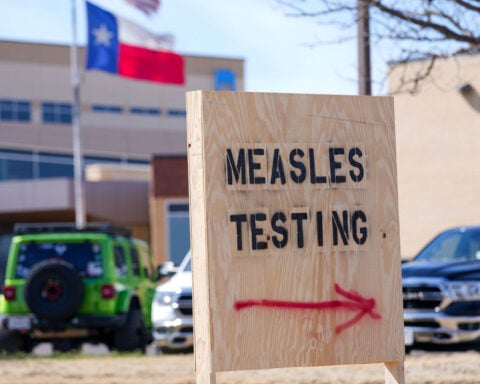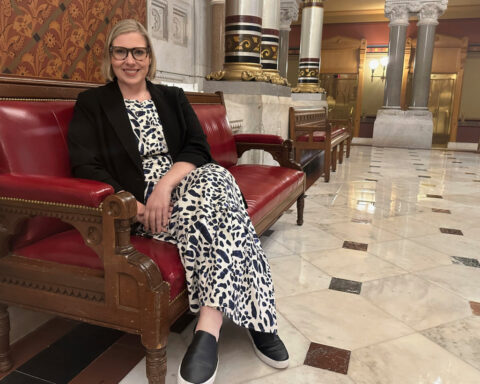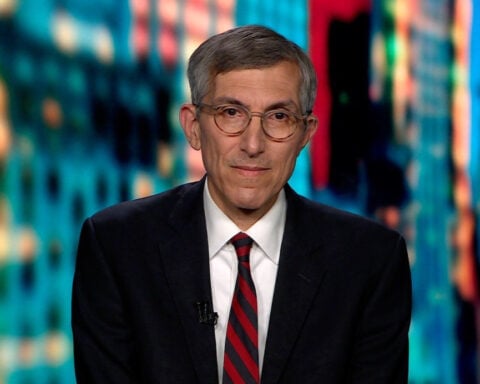This week the FDA proposed banning hair straighteners containing formaldehyde, a known carcinogen, targeting products marketed mainly for Black women despite over a decade of evidence on cancer risks. The agency determined frequent chemical straightener use significantly elevates uterine cancer chances, with toxicity also linked to breast and ovarian malignancies. But though the FDA itself deemed formaldehyde carcinogenic in 2015, only mounting publicity and Congressional regulation recently prompted concrete plans to halt allowable exposure from cosmetics.
Specifically, the agency now moves to outlaw hair products emitting formaldehyde directly or through release from compounds that convert to the chemical through air contact. This covers popular “keratin treatments” falsely claiming formaldehyde-free status despite containing methylene glycol that changes to the gas during application. But while violating manufacturers must reformulate and register with oversight bodies by April 2024, experts criticize years of inaction as many exposed salon workers and consumers developed toxicity-related diseases.
Indeed, pathology reports show uterine cancer spiking disproportionately among Black women as straightening procedures boomed, provoking accusations of environmental racism absent urgent protections. Studies also spotlight embalmers and other workers heavily exposed to formaldehyde concentrations facing higher leukemia rates and additional rare cancers. As such, the FDA mandated labels warning of burning eyes, coughing, wheezing and breathing issues in the short term from product formaldehyde levels.
Yet only after Congress finally granted FDA oversight powers on the largely unregulated cosmetic industry last year did the proposed hair product ban emerge. Observer groups like the Environmental Working Group argue that with estimated health risk timelines tracing back decades, lackluster reactions cost vulnerable populations unnecessary disease and death from recognized threats. Only pointed activism and publicity explaining connection strength combined with regulatory leverage to force the FDA’s hand suggests critics.
While welcoming the eventual measures, advocates warn leukemia and toxicity risks remain concerning other products still containing concerning concentrations of formaldehyde and release agents. For example, nail polishes and hardeners also emit high levels of gas, similarly concerning in smaller salon spaces. But these items escape current purview, angering groups who fought for years to spotlight the relatively cheap chemical’s abundance in unsafe personal products absent updated safety thresholds.
Part of the past inaction owes to labeling loopholes permitting undisclosed components evading bans through obscure terminology. For now the FDA suggests consumers personally avoid suspicious ingredients on any cosmetics like straighteners and dyes, or ask directly about contents when unsure. But amended legislation mandates registration and reporting for all facilities manufacturing covered items, promising transparency on risks continuing to fly under loose radar.
While acknowledging long overdue progress, critics maintain the glacial pace reveals systematic marginalization of populations lacking the influence to catalyze protective responses. To them, overlapping race, gender and economic barriers concealed clear cut toxicity data manifesting through quantifiable health harms. With environmental dangers multiplying against already overstressed groups, they argue model policymaking must account for vulnerability intersectionality rather than surface wisdom.
Still, the precedent sets positive momentum towards proactive responses against prospective threats instead of lags inviting preventable damage. New Congressional authority allows banning other compounds recognized as dangerous rather than waiting on crisis-prompted recalls or lawsuits. And improved registration mandates close loopholes allowing companies to introduce untested ingredients evading rules through esoteric labeling.
Most promisingly, the forward-looking approach suggests recalibrating risk assessments to favor public wellbeing over manufacturer convenience or minimal compliance. Had policymakers taken precautionary perspectives sooner, they could have saved grace, health access barriers and financial burdens for many exposed groups. But the formaldehyde crackdown maps a template for getting ahead of exposures in marginalized communities early before statistics dictate action. Because ultimately toxic substances discriminate most where resources can’t mitigate impacts, accountability requires interrogating why underrepresented voices go unheard warning of even scientifically validated harms. If nothing else, the painful pattern argues that equity deserves a primary seat at every table tallying dangers fairly across society.

 Trump has begun another trade war. Here's a timeline of how we got here
Trump has begun another trade war. Here's a timeline of how we got here
 Canada's leader laments lost friendship with US in town that sheltered stranded Americans after 9/11
Canada's leader laments lost friendship with US in town that sheltered stranded Americans after 9/11
 Chinese EV giant BYD's fourth-quarter profit leaps 73%
Chinese EV giant BYD's fourth-quarter profit leaps 73%
 You're an American in another land? Prepare to talk about the why and how of Trump 2.0
You're an American in another land? Prepare to talk about the why and how of Trump 2.0
 Chalk talk: Star power, top teams and No. 5 seeds headline the women's March Madness Sweet 16
Chalk talk: Star power, top teams and No. 5 seeds headline the women's March Madness Sweet 16
 Purdue returns to Sweet 16 with 76-62 win over McNeese in March Madness
Purdue returns to Sweet 16 with 76-62 win over McNeese in March Madness








